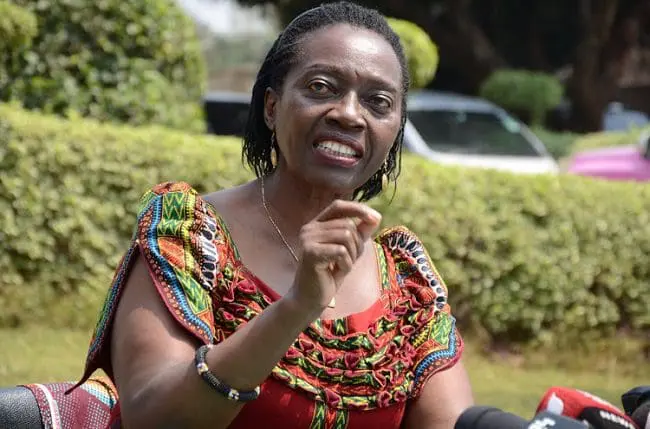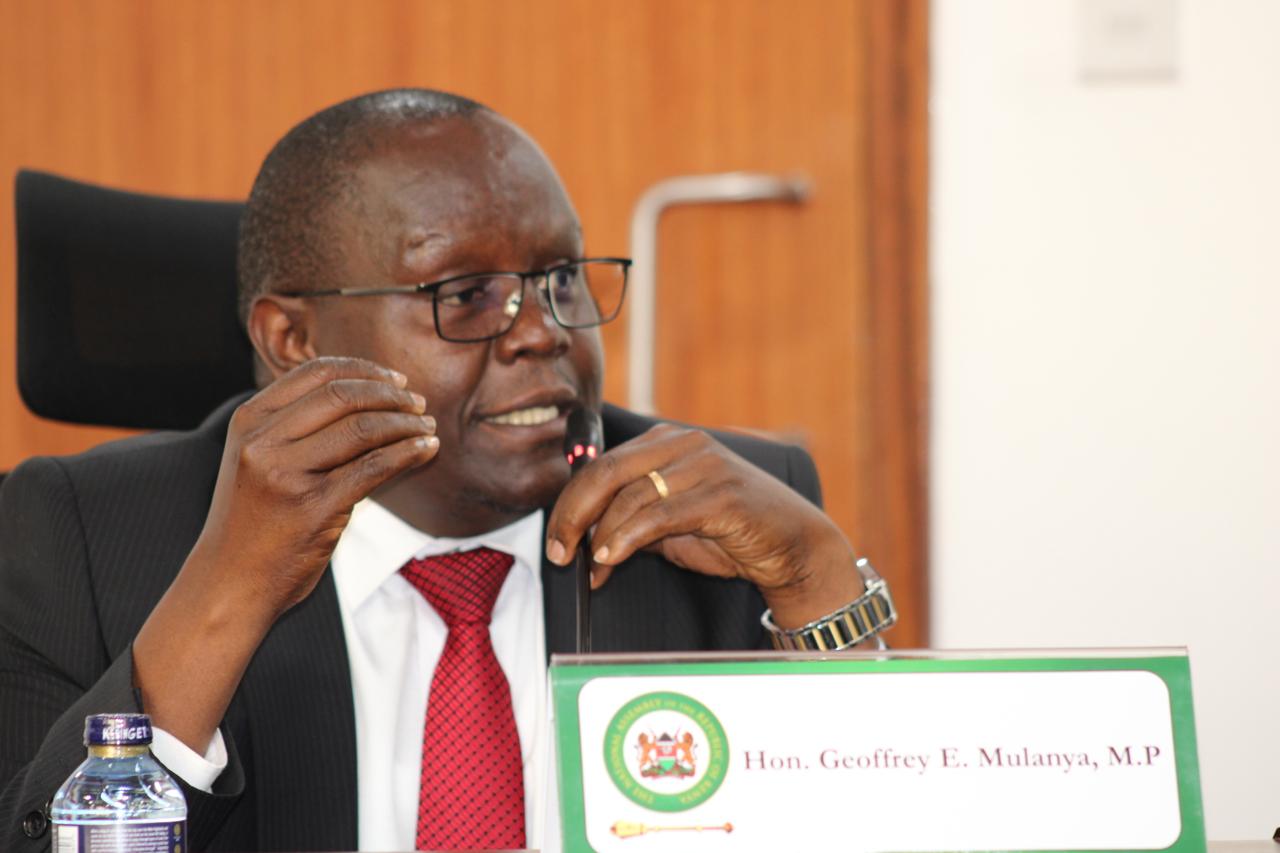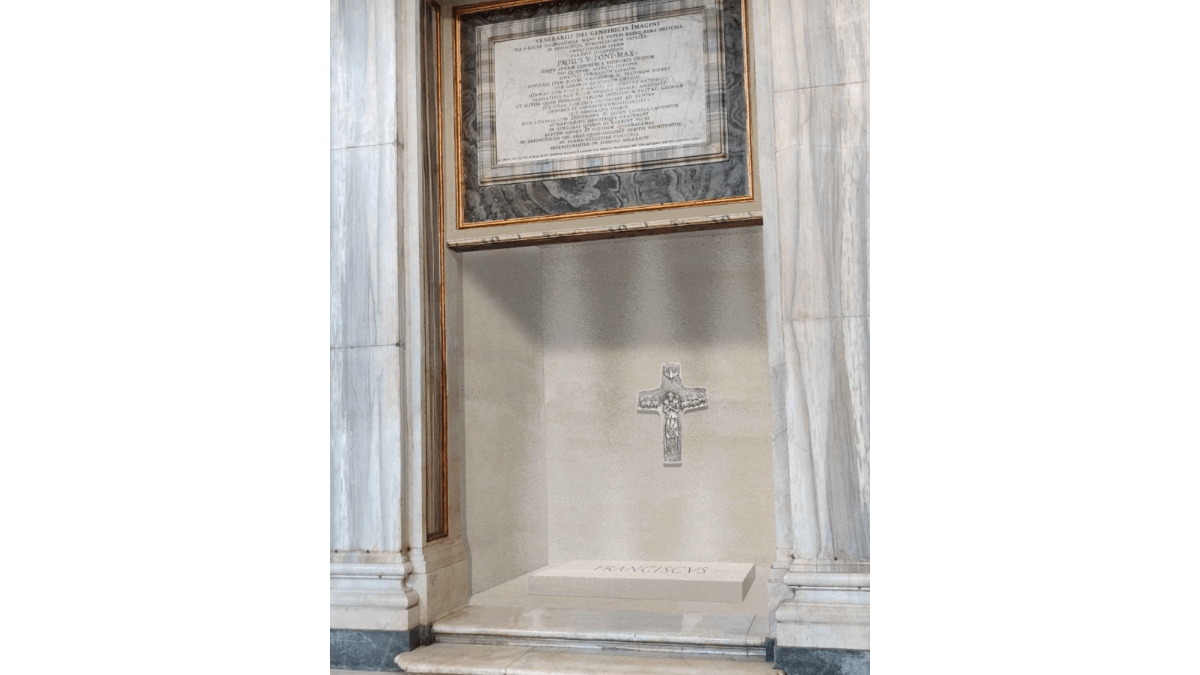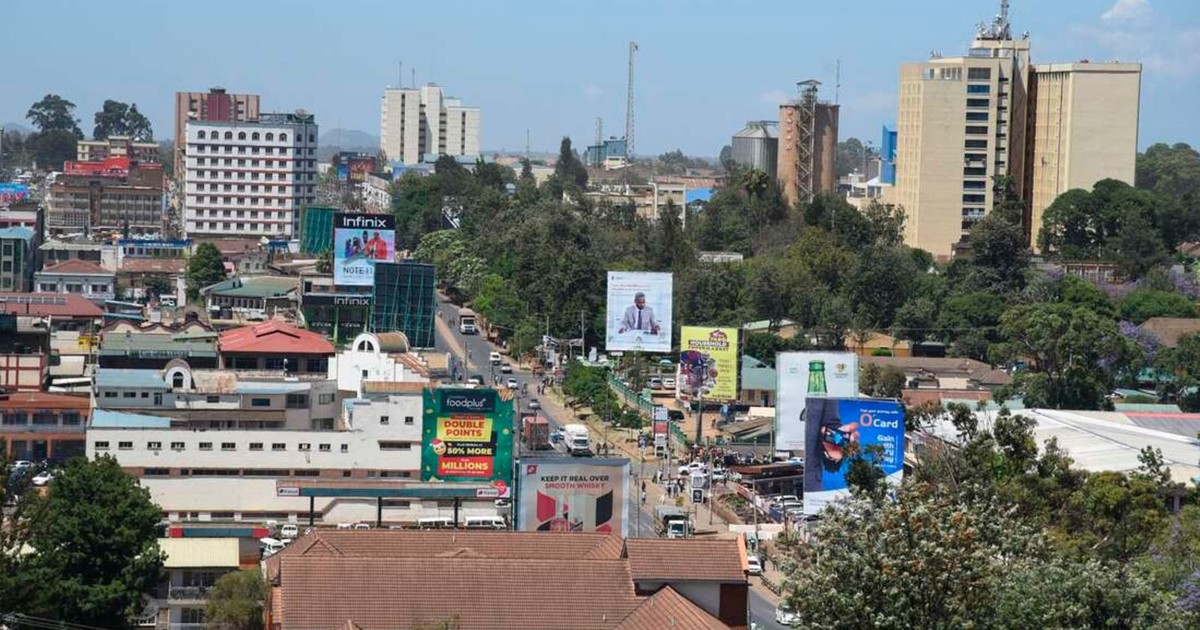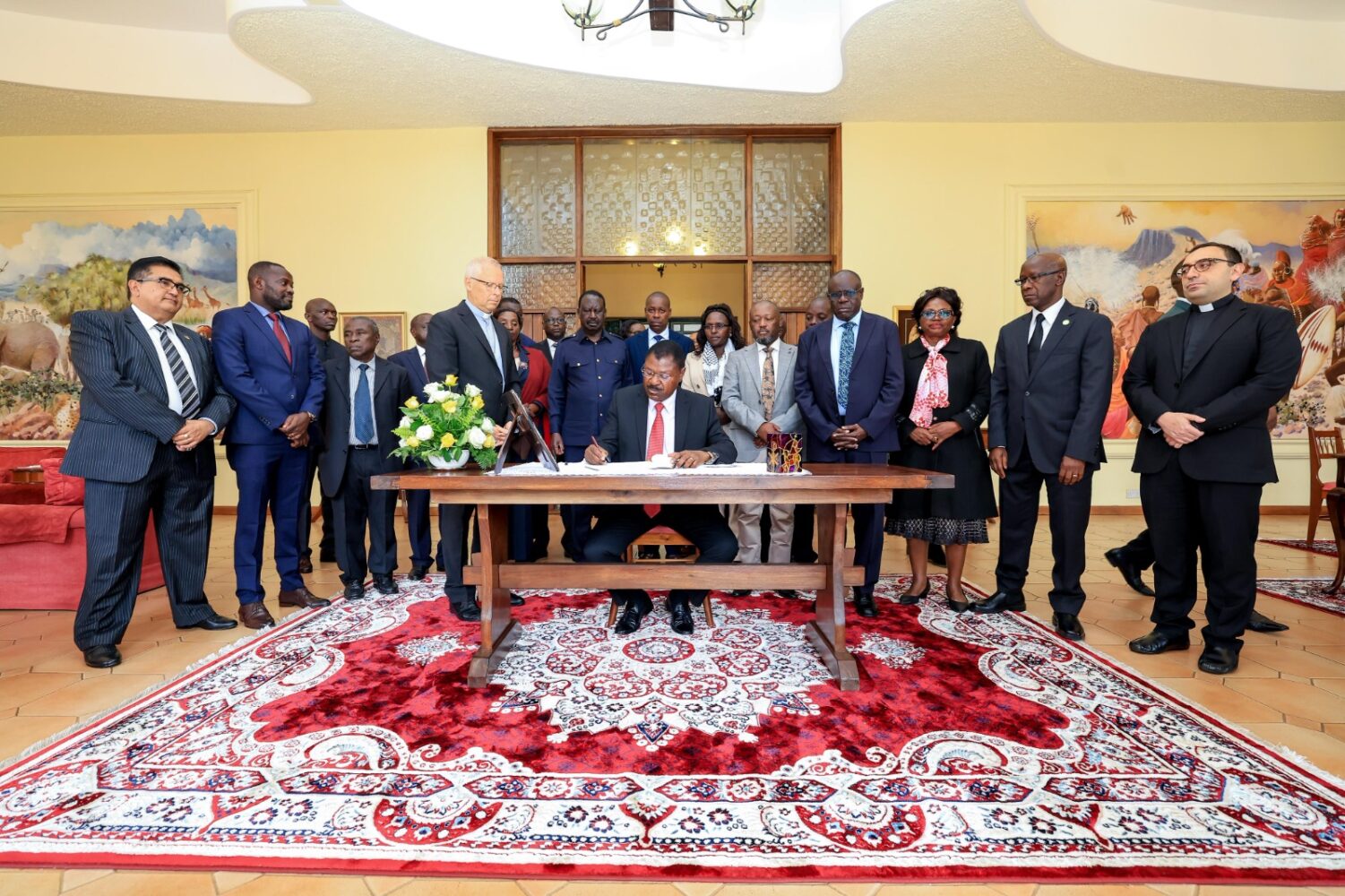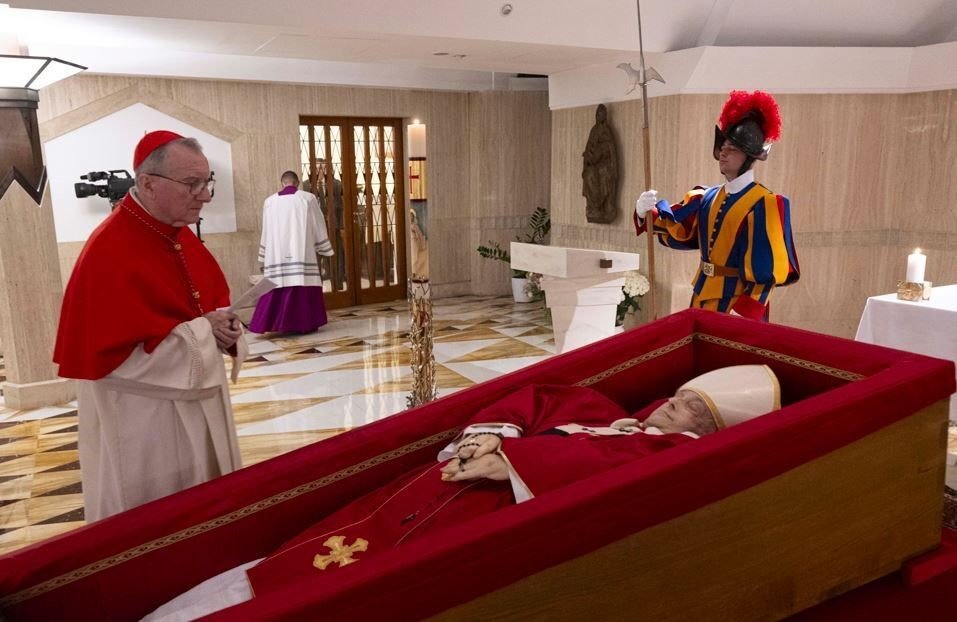The University of Nairobi Student Association (UNSA) has issued a 14-day strike notice, challenging the government’s decision to establish committees that will review educational loans under a new scheme.
The student body, led by President Rocha Madzao, has expressed strong opposition to the government’s actions, arguing that the newly proposed changes are misaligned with the needs of students and the nation’s vision for education.
In a press statement released by UNSA, Madzao voiced concerns over the formation of four committees meant to address the ongoing issues related to the loan scheme.
He noted that the decision has left many students, including those from marginalized backgrounds such as boda boda riders, market vendors (mama mboga), and other struggling parents, in a state of uncertainty.
These groups, which heavily depend on affordable education, are feeling increasingly alienated by the government’s focus on infrastructure development rather than prioritizing access to education.
“Why do we need a Loans Committee when we’ve been clear that we don’t want loans?” asked Madzao. “The government should prioritize education for all. Why should they take billions of loans to invest in infrastructure while making us pay for loans for our education?”
The student leader also criticized the government’s lack of transparency and failure to meet the expectations of the electorate.
According to Madzao, the promises made during political campaigns, particularly those targeting the youth and the less privileged, are being sidelined in favor of policies that benefit only the elite.
UNSA has called for the immediate disbandment of the newly formed committees, specifically citing Bands 4 and 5, which have been set up to oversee loan disbursements.
They argue that the Higher Education Loans Board (HELB) is sufficient to manage the country’s educational loans and that additional bureaucracy will only slow down the process.
Madzao also announced plans to take legal action, revealing that the student body will submit a petition to Parliament to halt the implementation of the current model.
The students plan to challenge what they see as a misguided approach by the government in addressing the loan system.
“We don’t see the point of a committee to review loans when we already have HELB,” said Madzao. “We will not pay for loans while the government takes more loans for projects that don’t benefit the common mwananchi.”
The strike is set to begin after the 14-day notice period, and the students have vowed to continue with protests and legal challenges until their demands are met.
This move by the University of Nairobi students adds pressure to the ongoing debate about education reform in Kenya, with many watching to see how the government will respond to the growing unrest among students and other stakeholders.
As the countdown to the strike continues, the eyes of the nation remain on the government’s next move and whether it will engage with the students’ concerns or proceed with its current plans.



